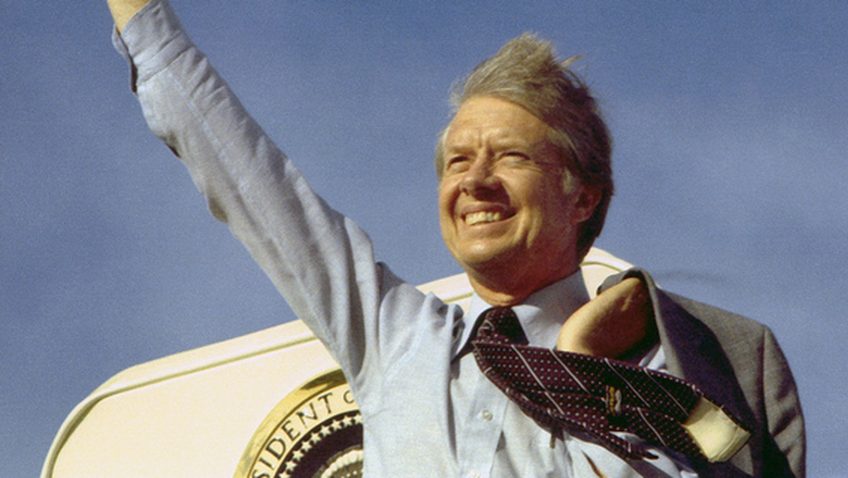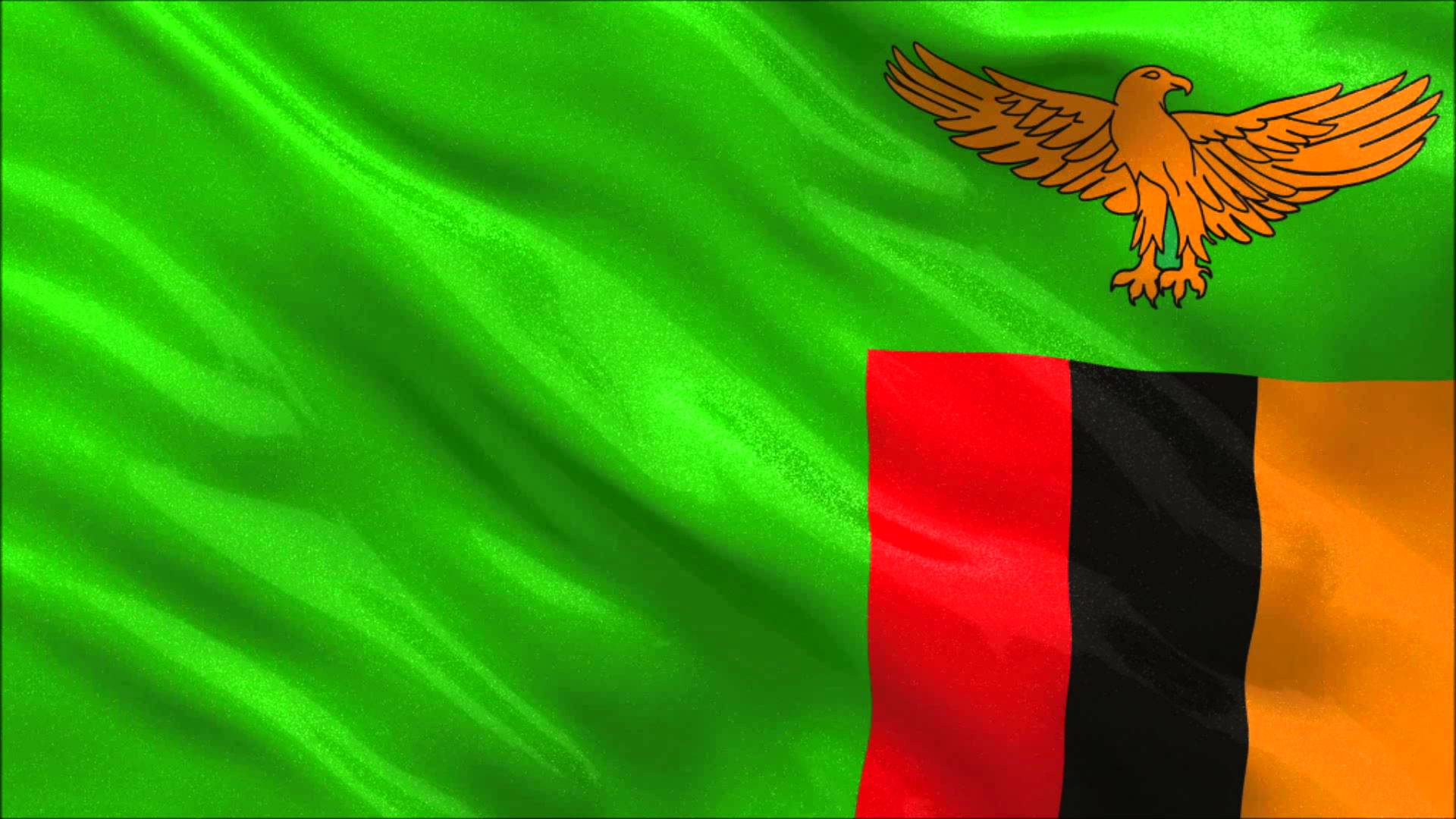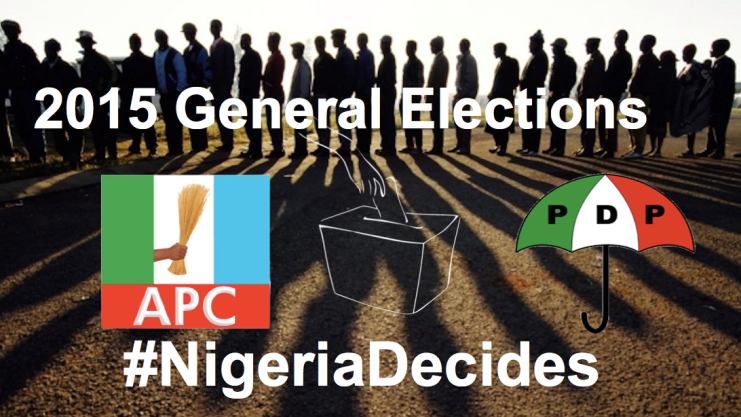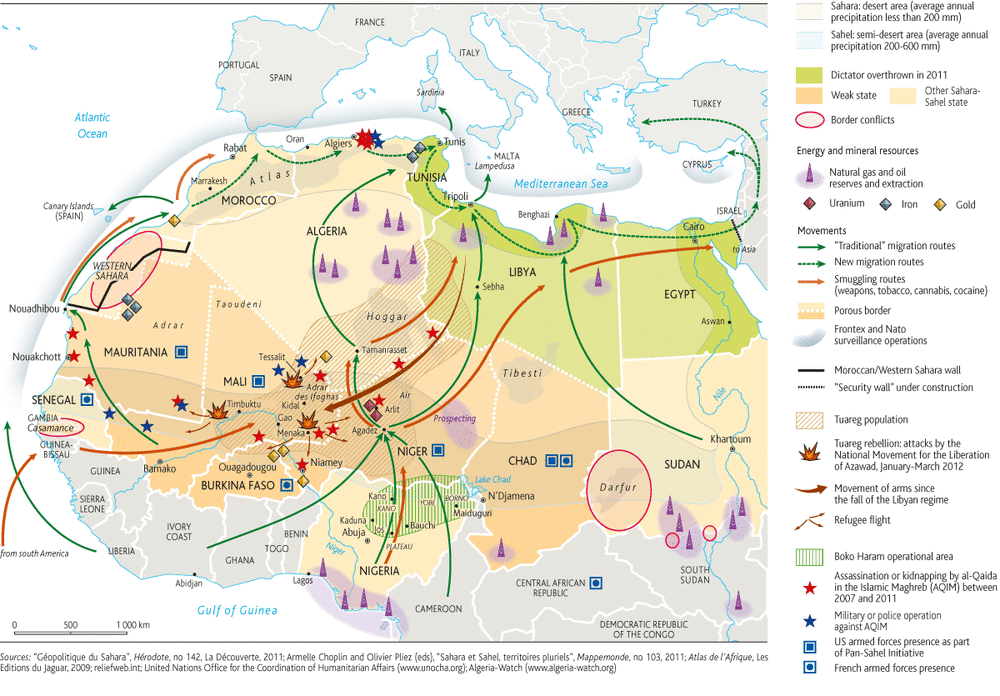Jimmy Carter is often portrayed by modern American Progressives as a man who championed peace and human rights. Indeed, since he left office in 1981, he has been involved in numerous efforts to eradicate homeless and diseases like Guinea Worm.
But does this idea that we have of Jimmy Carter, a man who persevered on foreign policy, yet unresponsive of the massive domestic issues of his day, really end up holding any truth?
While it is True that Jimmy Carter did not commit American troops to war during his administration, the only President since Herbert Hoover to have done so, there will several foreign policy dilemma’s during his administration that would make many anti-war activists stop and rethink their beloved icon.
One north-worthy example of this was the civil war in Angola. Angola’s biggest rivals in the regions were South Africa and Zaire, now the Democratic Republic of Congo. To sow disorder in Zaire, Angola supported insurgents in Sha’ba to rebel against the Zaire dictator Mobutu Sese Seko and destabilize the country.
Carter send advisers to help Mobutu repel the insurgents and keep the influence of Communist Angola retained within its own borders, enabling the brutal regime of Mobutu to continue oppressing it’s people. Although Mobutu had been an American client since he took power in 1965, under Carter, Zaire became firmly grasped in America’s politics and remained so until the fall of Mobutu in 1997, marking the only time that America intervened in the politics of Sub-Saharan Africa.
The famous equation of the US during the Cold War
To foster an anti-communist movement in Africa, Carter forged close ties with the apartheid regimes of South Africa and Rhodesia, allowing them continue the human rights violations Jimmy Carter said he would protect.
Now, this isn’t the only instance of Jimmy Carter supporting regimes that violate human rights, as he did ignore the atrocities committed by the leaders of Chile, Nicaragua, and Iran. Indeed, when push comes to solve, security matters and geopolitical matters will dominate over human rights concerns 100% of the time.
But the dilemma that made up 1979 for the Middle East is where he made his mark. The political upheaval in the Muslim World caused by events such as the Soviet Union’s Invasion of Afghanistan, the Iranian Revolution, the Anti-American Riots in Pakistan, the Coming to Power of Saddam Hussein, the Camp David Accords (pictured), the Siege of Mecca, the Yemen War, and the uprising in Eastern Saudi Arabia created a huge energy crisis for the world, the likes of which the world hasn’t seen since the Yom Kippur War six years earlier.
Geopolitical doctrine
Jimmy Carter responded to this by signing the Carter Doctrine, meaning that the United States would go to war to protect the oil reserves of the Middle East in order to see to it that the United States does not witness another energy crisis. This guaranteed the Gulf War, as well as the Subsequent Invasion of Iraq and United States Intervention in Syria, Libya, and elsewhere.
The truth of the matter is while Jimmy Carter is someone who wanted to move America past the Humiliations of the 1970’s, with Vietnam, Watergate, Energy, Inflation, a Stagnating Economy, and the threat of Nuclear Armageddon, he was still a Cold War President, and thought alongside Cold War terms. He may have taken a less-militaristic stance on the affairs of the world, but he still had to intervene, whether or not the local population suffered.








